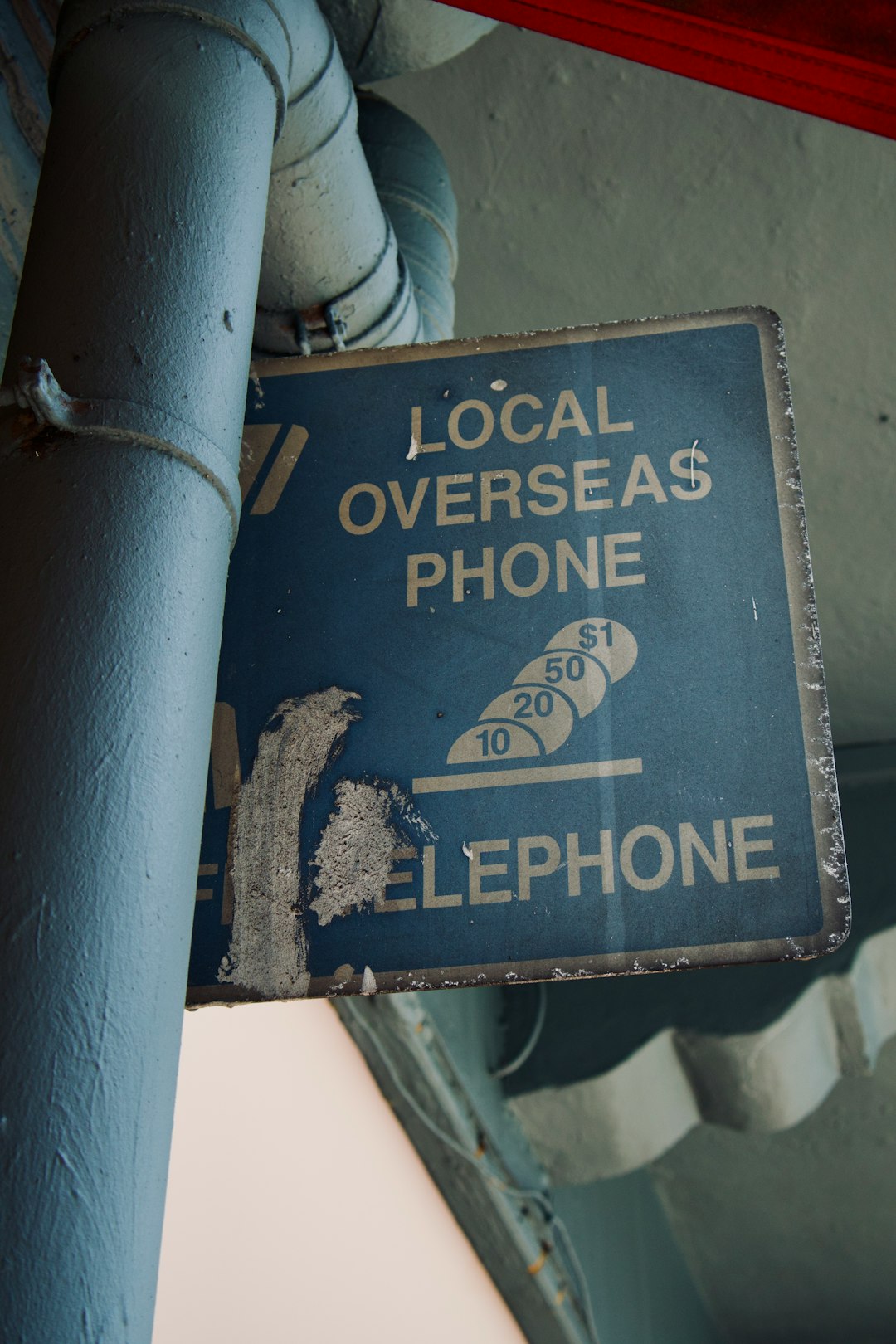Delaware residents are protected from robocalls and spam texts by federal and state laws, including the Telephone Consumer Protection Act (TCPA) and Do Not Call law. Consulting with a robocall lawyer or spam call law firm is crucial for understanding rights, filing complaints, seeking damages, and blocking unwanted calls via national registries. Legal experts specialize in Delaware's strict robocall laws to reclaim privacy and control over communication channels.
In today’s digital era, no one is immune to the nuisance of robocalls and spam texts. In Delaware, state laws offer protections against these intrusive practices. Understanding your rights and navigating the legal landscape can be challenging, especially when dealing with unwanted calls and messages. This article guides you through the various aspects of protecting your privacy from robocalls in Delaware, including your rights, legal options, and how to find a specialized robocall lawyer or spam call law firm within the state.
Understanding Robocall Laws in Delaware

In Delaware, as in many states across the nation, there are strict laws in place to protect residents from unwanted robocalls and spam calls. The Do Not Call law, enforced by the Federal Trade Commission (FTC), restricts telemarketers from contacting consumers who have registered their phone numbers on the national “Do Not Call” list. However, Delaware’s legal framework goes beyond federal regulations. State laws specifically prohibit automated or prerecorded calls to residents without their prior consent, often targeted through robocall technology.
Individuals facing relentless robocalls or spam texts can seek recourse with a robocall lawyer or attorney in Delaware. Legal experts specializing in these matters can help navigate the complex web of regulations, ensuring that companies comply with Do Not Call laws and providing representation for those who have been harassed by unwanted communication. For those dealing with persistent robo-messages, consulting with a spam call law firm in Delaware is an essential step towards reclaiming peace of mind and privacy.
Your Rights Against Spam Calls

In the face of relentless robocalls and spam texts, individuals in Delaware have rights that are protected by both state and federal laws. According to the Telephone Consumer Protection Act (TCPA), it’s illegal for companies or organizations to make automated calls or send unwanted text messages to telephone numbers listed on the National Do Not Call Registry. This registry allows consumers to opt-out of receiving marketing calls and texts from most businesses. If you’re a resident of Delaware, consulting with a robocall lawyer can help you understand your rights and take legal action against violators.
Delaware’s own Do Not Call law, in addition to the TCPA, provides further safeguards for consumers. A robocall attorney in Delaware can assist you in navigating these laws, helping you file complaints, and seeking compensation if your privacy has been invaded by unwanted calls or texts. If you’ve received spam calls or texts despite being on the Do Not Call list, consider contacting a spam call law firm in Delaware to explore your options for legal redress.
Stopping Unwanted Texts: Legal Options

In Delaware, stopping unwanted robocalls and spam texts is not only a privacy concern but also a legal matter. The state has implemented robust Do Not Call laws to protect residents from relentless marketing messages. If you’re facing a deluge of robocalls or text messages, knowing your legal options is crucial. A robocall lawyer in Delaware can guide you through the process of filing a complaint with the Federal Trade Commission (FTC) and the Delaware Attorney General’s office, which have the authority to take action against violators.
Many law firms specializing in consumer protection offer services tailored to combat robocalls and spam calls. They can help you register your number on national Do Not Call registries, file legal disputes with telecommunications carriers, and even seek damages if your privacy rights have been severely infringed upon. Engaging a robocall attorney in Delaware is a proactive step towards reclaiming control over your communication channels and ensuring that your personal information remains confidential.
Do Not Call Registry: How It Works

The Do Not Call Registry is a powerful tool designed to protect individuals from unwanted telemarketing calls, including robocalls. This nationwide registry allows citizens to opt-out of receiving automated or prerecorded phone calls for marketing purposes. By registering your phone number, you signal to call centers and robocall lawyers in Delaware that you do not consent to these types of calls. It’s a simple yet effective way to shield yourself from spam calls.
When a business attempts to make a robocall to a registered number, the automated system flags the call, preventing it from reaching the recipient. This process is facilitated by the Federal Trade Commission (FTC), which maintains and enforces the registry. For those facing persistent robocalls or dealing with harassing texts, consulting a robocall attorney in Delaware can be beneficial. Legal expertise can help navigate the Spam Call laws in Delaware to secure relief and protect privacy rights.
Finding a Robocall Lawyer in DE

If you’re tired of receiving annoying and unwanted robocalls in Delaware, it’s time to take action and protect your privacy. One effective step is to consult with a dedicated robocall lawyer in DE who specializes in these types of cases. These legal experts can offer valuable guidance on navigating the complex robocall laws in Delaware and help you understand your rights.
In Delaware, there are strict regulations in place to combat spam calls, including provisions in the Do Not Call law firms Delaware. A reputable spam call law firm Delaware or robocall attorneys Delaware can assist you in filing complaints, seeking damages, and even taking legal action against persistent violators. Don’t let unwanted phone calls disrupt your peace; reach out to a local lawyer who can help ensure your privacy and put an end to robocalls once and for all.






